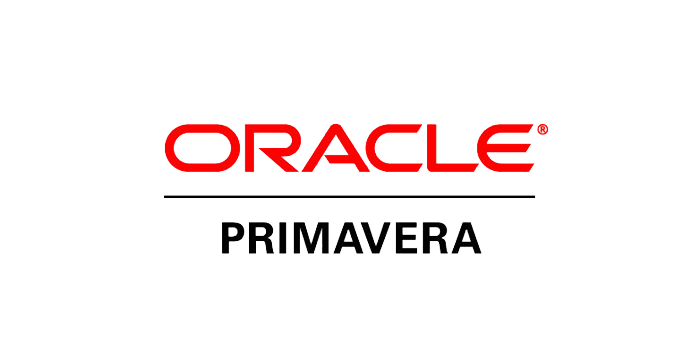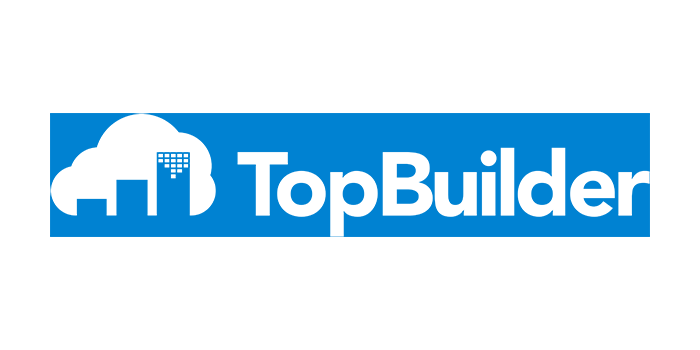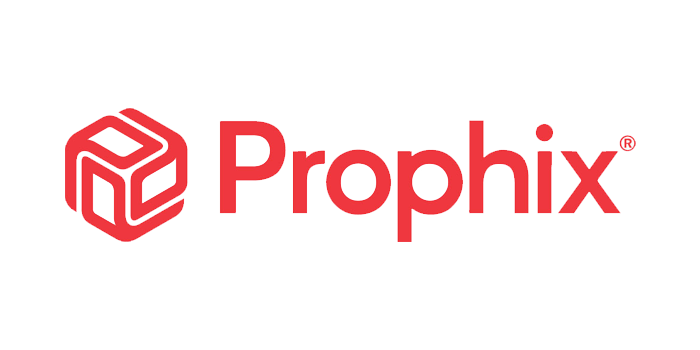Article written by Guy Barlow (Director, Industry Strategy & Business Development, Primavera Global Business Unit, Oracle) and appeared on the Oracle EPPM Blog.
We’ve seen the rapid rise of the project management office (PMO) over the last two decades. An annual survey of more than 400 companies worldwide pegs adoption at 80% and 90% among larger organizations[1]. The 2014 results, however, yielded an interesting blip – a slight decline over 2012 findings. Is this an anomaly or might it be the start of a next generation transformation?
Earlier this year, The Enterprise Project Portfolio Management (EPPM) Board looked at a related issue that will impact the future of the PMO. Specifically, can a PMO guarantee strategic and financial success when managing multiple global projects? The board – a steering group of senior executives, academics, and industry experts that looks at how C-level executives can successfully prioritize and mange the project portfolio – shared some interesting insights and concurred that a one-size fits all strategy – in the form of a centralized PMO – is not always the best approach.
It has become generally accepted among traditional companies that to deliver large projects, it is best to have a PMO. However, one of the primary challenges facing many larger organizations is a fundamental disconnect that can emerge between project managers and the wider business. The EPPM Board was unanimous in its view that, while PMOs are staffed by professionals who are extremely knowledgeable about their discipline, as a group they tended to lack a detailed understanding of exactly how their organizations made money. Simply stated, they had little visibility into the business fundamentals behind a decision to launch a project. And, with that being the case, they were not always viewed as guarantors of strategic and financial project success.
EPPM Board members indicated that PMOs appear to perform far more successfully in “traditional” companies, such as those working on capital projects. However, in more “agile” companies, such as those operating in software development or new media, the group asserted that PMOs did not perform as well. The collective opinion was that companies, such as those working in digital industries, may prioritize more rapid technological innovation over rigorous EPPM methodologies.
As such, rather than employing a centralized PMO, The EPPM Board members are asserting that some organizations might be better served by a decentralized approach that places project managers/standardization experts within business units, operating as “pseudo PMOs.” This approach enables each business unit to look at the risks and rationale behind a project, make comparisons to similar programs, and make decisions that are the best fit for their particular group. Each pseudo PMO specialist can also ensure each project matches the wider corporate strategy before the main PMO takes action. Additionally, by decentralizing PMOs, organizations can ensure that the project manager in place is educated on the specific line of business and best practices for that group rather than stretching himself across multiple projects in which he might not be an expert.
This transition from centralized to specialized business unit PMOs represents an important organizational shift that will require new ways of communication and information sharing. Successful EPPM relies on one key element – the ability to share real-time information between delivery teams and senior-level staff, enabling all levels of the business to stay apprised of the status of any given project. Real-time information sharing provides one version of truth and visibility into schedules, budgets, risks, opportunities, and much more to ensure that leadership teams are able to react immediately to any developments and ensure successful project delivery. These requirements become even more critical in the world of decentralized PMOs.
It is essential to establish ways for PMOs in different business units to share information, best practices, and lessons learned to ensure the success of all projects across the business. As such, organizations must also arm their PMOs with the technology infrastructure that will support success.
Such infrastructures should enable project management leadership to:
- Plan, execute and control both large-scale capital programs and small individual projects
- Balance resources across individual projects and the enterprise
- Allocate the best resources, track and manage progress
- Monitor, visualize and report project and portfolio performance
- Foster intra- and cross-team communication between business units
- Implement strong governance for change management and control
- Integrate with financial management systems for harmonized financials
Project management has been a part of our culture for as long as we can date – the builders of the Great Wall of China, the pyramids in Egypt, the Inca Temples, are all projects that had great project managers at some level. And, they may have dealt with the same basic project management struggles we face today.Just as our world has evolved, so has, and will, EPPM. We can expect to see the shape and role of the PMO continue to evolve. Despite continued transformation, the pillars of project management success will remain constant – the need for strong collaboration, precise coordination, real-time information sharing, and enterprise visibility.
[1] “The State of the Project Management Office (PMO),” PM Solutions, 2014











